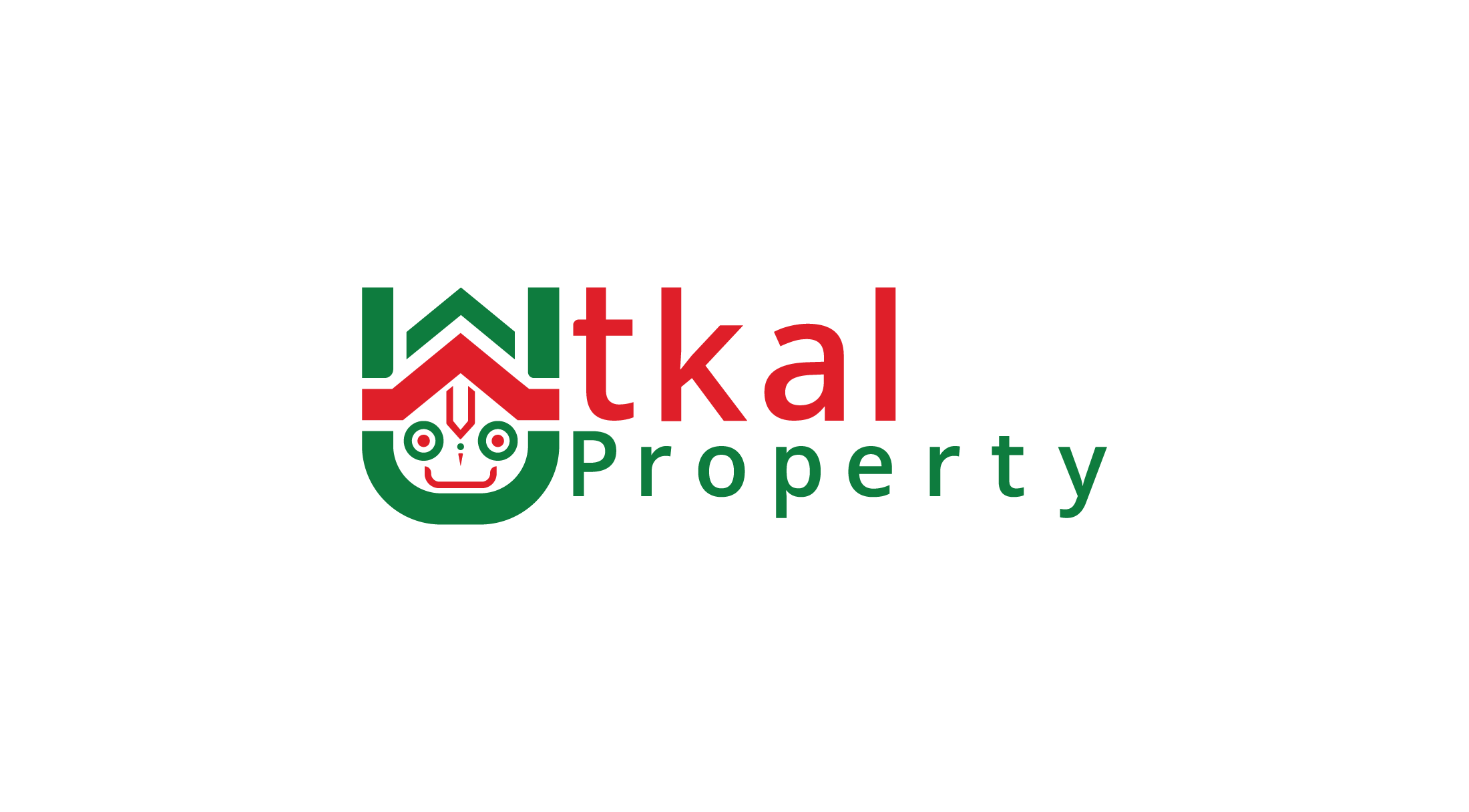41 Basic Real Estate Terms To Boost Your Vocabulary
- Carpet Area- Carpet area is the total area enclosed within the walls. Basically, the area that is going to be used to lay the carpet. This area does not include the thickness of the inner walls. It refers to the area that is going to be used in making the building.
- Net sheet – Sellers want to know what is going to be their check amount to be after all the fees and closing costs are done-what is the amount you are taking home to the bank. The net sheet does just that by outlining each item and estimating those costs for you and how they affect your bottom line; and a net sheet should be one of the first things you review when discussing selling price.
- Acre-A unit of area equivalent to 43,560 square feet or 4,047 square meters approximately. It is a commonly used term for larger land parcels in India.
- Appreciation-An increase in the value of a property due to changes in market conditions or supply and demand, etc.
- Addendum- An addendum to a real estate contract or purchase agreement is a document attached to and made a part of the original at the time it is prepared. It can explanatory, informational, or indicate other requirements that aren’t clearly spelled out in the contract.
- Amortization- a method of equalizing the monthly mortgage payment over the life of the loan by adjusting the proportion of the principle to interest over time.
- Appraisal- A written report of the estimated value of a property prepared by a certified Real Estate appraiser or a valuer.
- Deed- A legal document conveying title to a property.
- Default- Failure to make payments on time or comply with other requirements of the agreement.
- Depreciation- A decline in the value of property brought about by age, physical deterioration, functional or economic obsolescence, etc.
- Disbursement- disbursements are costs and expenses paid by a lawyer on behalf of a client to close a Real Estate deal.
- Down payment- The part of the purchase price of a property that the buyer pays in cash and does not finance with a loan.
- Due-on-sale clause- An entrepreneur or a company that initiates and looks through the development of a property. The main activities carried out by a developer include land acquisition, procurement of relevant approvals, fund raising, design, construction, and marketing of the project.
- Floor Plan- a scale diagram of a room or suite of rooms viewed from above and used especially for planning effective use and arrangement of furnishings.
- Gated Community- A gated community is a set-up that offers a cohesive social life coupled with quality residential experience.
- Gross Building Area- The total floor area in an office building is measured in square feet. The area extends to the outer surface of exterior walls and windows, and includes all interior areas but excludes parking and roof space.
- The guarantor-The guarantor guarantees a loan by pledging his or her assets as collateral.
- High Rise-A high-rise or high-rise apartment building is any building 5-stories or more.
- Home Improvement Loan- A loan used to remodel or repair a private residence. Home improvement loans are usually short-term. They may or may not be secured by the homes whose work they finance, but those that are secured generally carry lower interest rates.
- Institutional Investor-An institutional investor is a company or organization that invests money to buy securities or assets such as real estate.
- Inventory-An inventory in the real estate parlance means the unsold housing units in a given stock.
- Joint Ownership-Co-owners means all the owners of a property. If the property is owned by more than one person, it is called joint ownership.
- Land Tax-Property tax is the annual amount paid by a landowner to the local government or the municipal corporation of his area. Property tax comprises taxes like lighting tax, water tax, and drainage tax.
- Load Bearing-Any exterior wall, and any interior wall that supports its weight and the weight of other parts of the building above it.
- Market Value-Market value is an opinion of what a property would sell for in a competitive market based on the features and benefits of that property (the value), the overall real estate market, supply and demand, and what other similar properties have sold for in the same condition.
- Mutation-Mutation is the change of title ownership from one person to another when the property is sold or transferred. By mutating a property, the new owner gets the property recorded on his name in the land revenue department and the government can charge property tax from the rightful owner.
- No objection certificate-NOC is a popular acronym for a No Objection Certificate. It is a statement of permission given to a person or a company to go ahead with the construction or purchase of a property. NOC is must have a document without which the concerned property is bound by legal hardships.
- Open space-Open space is any open piece of land that is undeveloped (has no buildings or other built structures) and is accessible to the public.
- Possession linked plan-The Possession-linked Payment Plan (PLP) is directly linked to the possession of the property and is one of the most beneficial payment plans offered by developers to homebuyers.
- Pre EMI-Pre-EMI is the applicable interest payment to the amount that is disbursed over the entire tenure of a home loan. It begins when the house is under construction.
- Undervaluation- a property is valued at lower than the estimated market rates, it means the property is undervalued.
- Under construction Property- Home buyers have options of investing in an under-construction property or a ready to move in flat. Under construction refers to a building, structure, or project that is not complete and is actively being worked on and ready to move is one which is built and ready for possession.
- Urban land ceiling and regulation act- An Act to provide for the imposition of a ceiling on vacant land in urban agglomerations, for the acquisition of such land over the ceiling limit, to regulate the construction of buildings on such land and for matters connected therewith, to prevent the concentration of urban land in the hands of a few persons and speculation and profiteering therein and to bring about an equitable distribution of land in urban agglomerations to subserve the common good.
- Utilities- Functional utility is a prescribed element included in a professional real estate appraisal. Appraisals analyze the features of the home and determine its functional utility, or its ability to adequately provide for its intended purpose. A home should generally provide adequate living conditions.
- Vastu Shastra- Vastu is a Sanskrit word which means Vaas: Live Tu: you, a place where you live or dwell. Shastra means a text which contains knowledge or instructions. Simply put Vastu Shastra means instructions laid down for building a structure.
- Built-up Area-Includes the carpet area, the wall thickness, balcony area until the inside walls.
- Super built-up Area-Super built-up area is the built-up area plus proportionate area of common areas such as the lobby, lifts shaft, stairs, etc. The built-up area along with a share of all common areas proportionately divided amongst all unit owners makes up the super built-up area.
- Contingencies-A contingency is a condition of the sale that allows a party of the sale to walk away if not met. Typical contingencies include loan contingency (obtaining a satisfactory loan for the home), appraisal contingency (home is worth what I am paying), inspection contingency (home inspection satisfies buyer), and a host of others.
- Escrow- escrow is the third party who holds onto all monies and facilitates the terms of the contract. When someone says they have ‘a 30-day escrow’, that means escrow is holding onto the funds until both parties have completed their obligations as outlined in the contract, and only one those obligations have been completed will the home officially change hands and escrow closes.
- Earnest Money Deposit –This is the initial deposit you give to the escrow company to show you are a serious buyer. This amount can be anything agreeable to both parties, but a larger deposit is still considered to signify a serious buyer. Earnest money deposits are given back to the buyer if they walk away from the sale within their contingency timeframe.
- Pre-Approved – pre-approval is obtained when you allow a lender to issue you a letter stating based on the information you have given to them that their bank will conditionally pre-approve you for a certain loan amount. This is not to be confused with a pre-qualification which is much more in-depth (and therefore considered stronger) as the lender typically runs your credit and requests documentation to prove assets, income, debts, etc.




